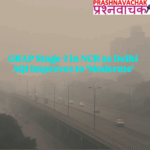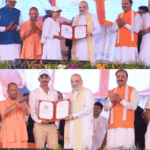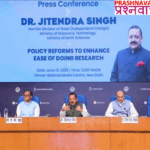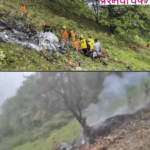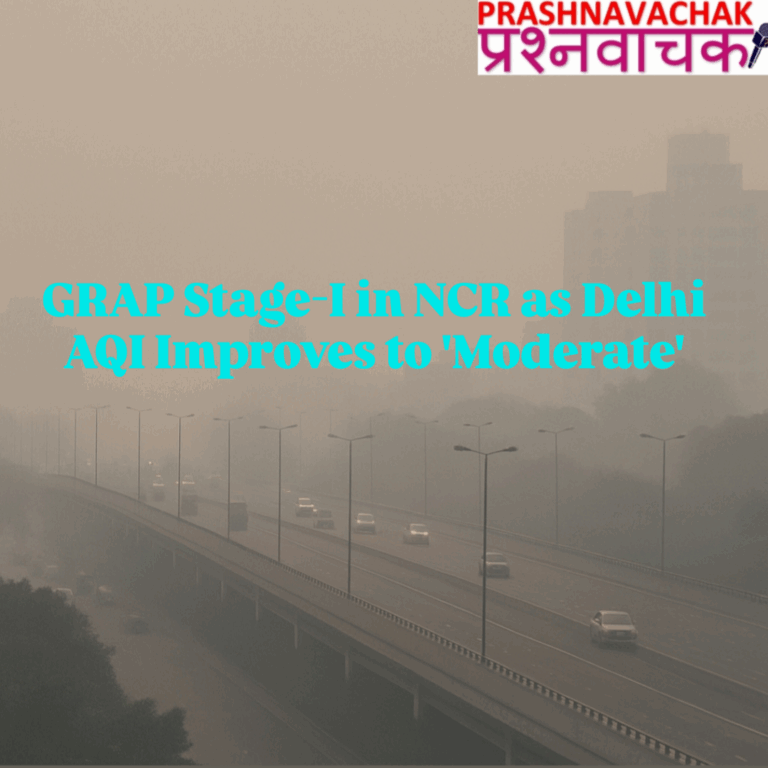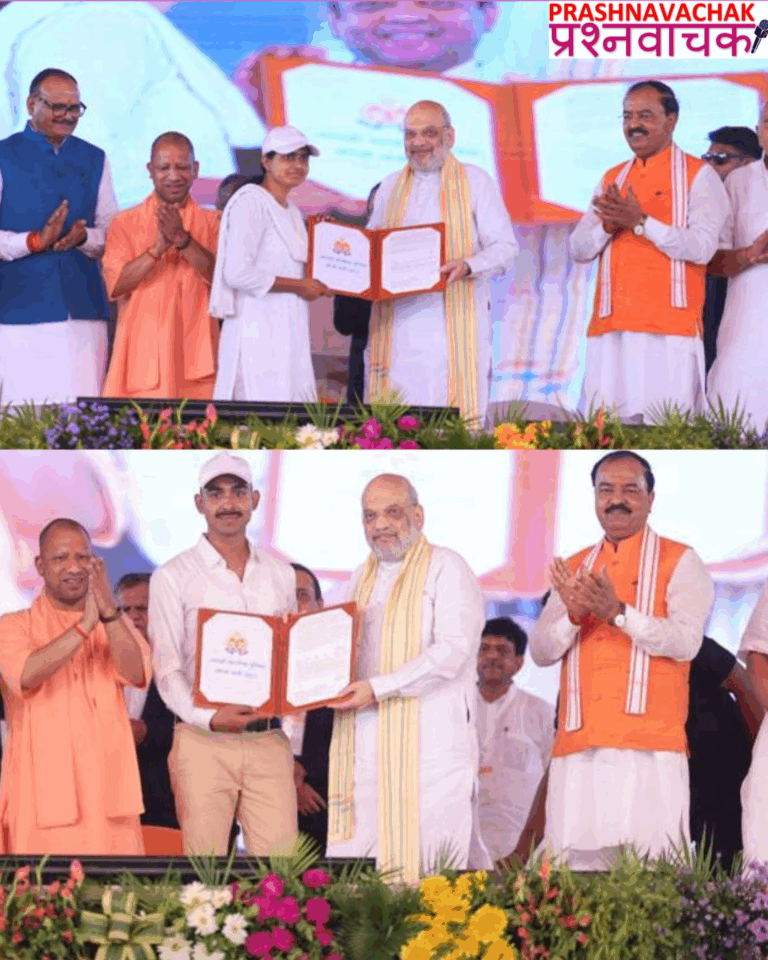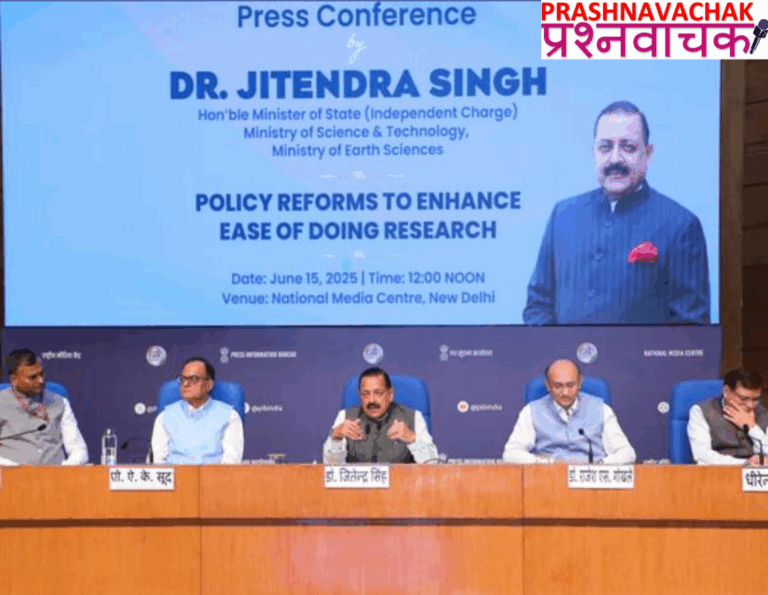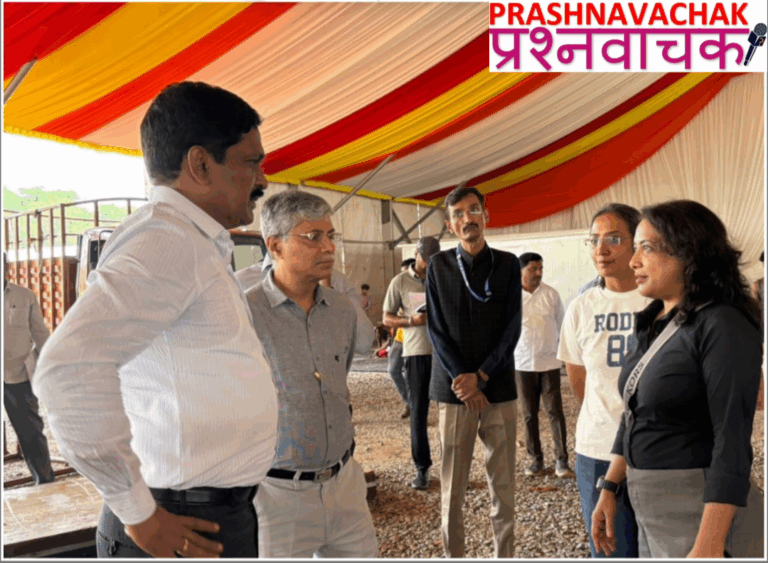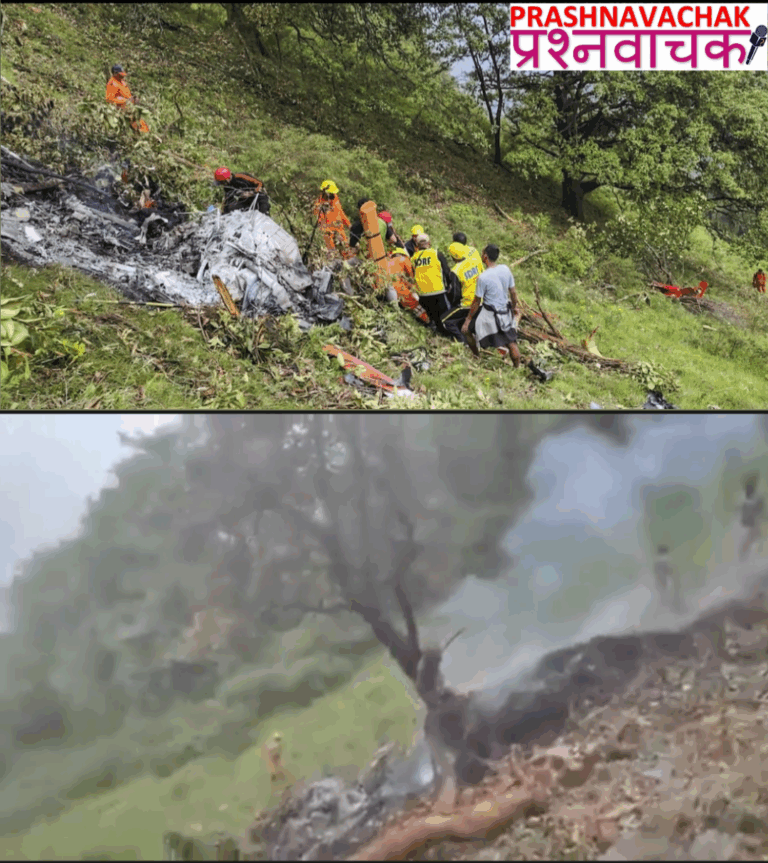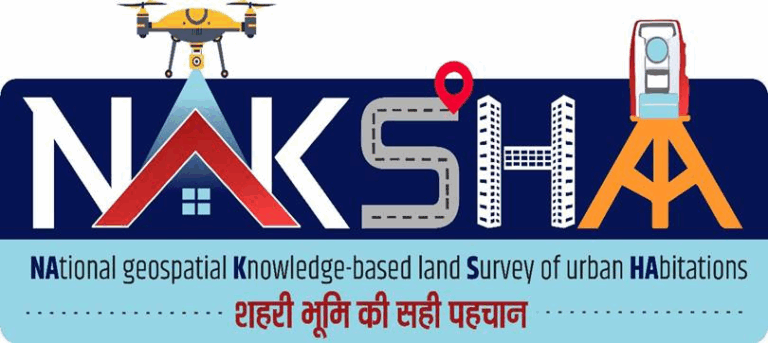Prashnavachak News
In a major push to make India a global hub for arbitration, the Ministry of Law & Justice, in association with ONGC and the India International Arbitration Centre (IIAC), hosted a day-long National Conference on “Institutional Arbitration: An Effective Framework for Dispute Resolution” on June 14, 2025, at Bharat Mandapam, New Delhi. The event brought together over 150 participants, including top legal experts, CPSE representatives, and senior officials from the Ministry. Over 700 people joined via Facebook and 900 on YouTube, reflecting strong virtual engagement. Union Minister of State (Independent Charge) for Law & Justice and Parliamentary Affairs, Shri Arjun Ram Meghwal, addressed the gathering, affirming India’s ancient roots in dispute resolution and declaring, “India will become the arbitration hub.” The inaugural address was delivered by Justice Hemant Gupta (Retd.), Chairperson of IIAC, who stressed the shift from ad hoc arbitration to structured, institutional systems, especially within Public Sector Undertakings (PSUs). Shri Avnit Singh Arora, Director at the Department of Legal Affairs, highlighted major legal and policy reforms introduced in the last decade. ONGC Chairman Shri Arun Kumar Singh called for faster and more efficient dispute resolution, stating that “Timeliness, not timelessness, should define our legal system.” Echoing this, K Moses Chalai, Secretary, Department of Public Enterprises, linked effective arbitration with better governance and economic performance of CPSEs. Dr. Anju Rathi Rana, Secretary, Department of Legal Affairs, outlined key reforms, including law repeals, court digitisation, and the integration of IIAC in PSU contracts as the preferred arbitral institution. The conference featured four technical sessions, covering themes like strengthening dispute resolution in PSUs, deep-dives into the IIAC (Conduct of Arbitration) Regulations, 2023, and institutional best practices. A short film showcased IIAC’s world-class infrastructure, reflecting India’s readiness for complex, high-value cases. The final session explored international arbitration models, emergency arbitration, and legal research accessibility, paving the way for global alignment. The event concluded with a vote of thanks by Shri Ganesh Chandru, part-time member of IIAC. With strong government backing, modern infrastructure, and a vision rooted in both tradition and reform, the conference marked a defining step in building India’s future as a global leader in institutional arbitration.



